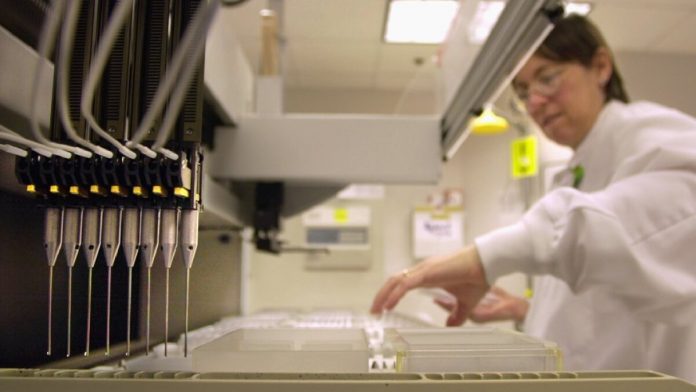Myriad Genetic Laboratories is now looking to work with gynecologists and oncologists (as well as other healthcare providers) to make sure that women throughout the country have more access to broader testing for hereditary gynecologic cancersexaminations.
“Historically, hereditary cancer testing has been underutilized compared to breast cancer despite the fact that ovarian and endometrial cancer patients are at higher risk for hereditary cancer, said MGL president Mark Capone. “That is why we believe hereditary cancer testing through cancer gene panels like Myriad myRisk™ plays an increasingly prominent role in helping patients and their families make surgical decisions, as well as follow-up therapy selection as new, targeted therapies are developed for patients with BRCA1 and BRCA2 mutations.”
In fact, Myriad estimates that less than 25% of women with ovarian cancer and fewer than 5% of women with endometrial cancer receive hereditary cancer testing.
As a result, the company has issued the following new clinical practice statements surrounding
hereditary cancer testing for patients with ovarian and endometrial cancer: A recommendation that women diagnosed with epithelial ovarian, tubal and peritoneal cancers should be considered for genetic counseling and testing even in the absence of family history; A recommendation that all women diagnosed with endometrial cancer should undergo systematic clinical screening (review of personal and family history) and/or molecular screening for hereditary colon cancer risk; and An acknowledgement of the advantages of cancer gene panels including decreased cost, improved efficiency, and the fact that a negative genetic test is more reassuring because it eliminates concerns about an inherited risk for all known genes.
“The new practice recommendations, which are in line with thise usasued by the National Comprehensive Cancer Network, underscore the importance of testing as a clinical management tool,” said Sharyn N. Lewin, M.D., assistant clinical professor of gynecologic oncology at Columbia University Medical Center. “Every woman with ovarian or endometrial cancer should be tested by their healthcare provider in order to guide therapy and potentially save the lives of unaffected family members.”















